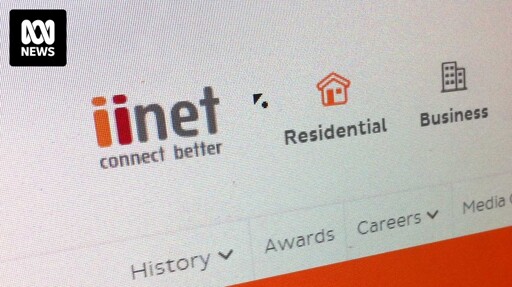

Depends on how you install the software.
If you used snap to install it, then this affects you.
From the article, uninstall the software and use a .deb, .rpm or flatpack installer instead.
Essentially the snap version has a long standing bug that causes deleted files to be stored outside the normal “trash can” structure.



























Nope it’s not facetious … I’m an ICT professional and I see this regularly.